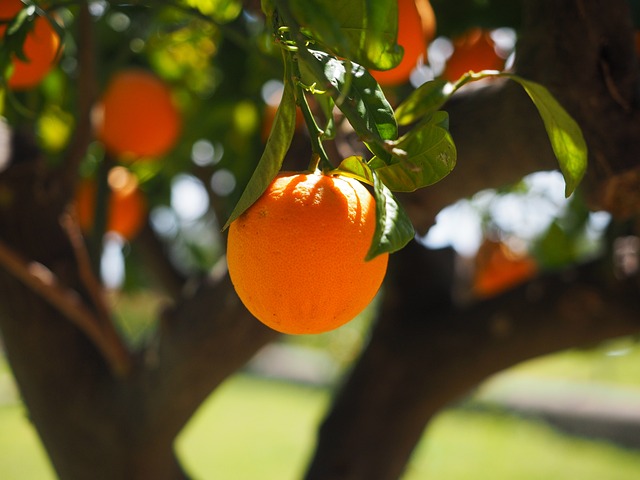Probiotics 101: Understanding the Science Behind Your Microbial Army
Introduction
Welcome to today’s blog post all about probiotics! You may have heard about these tiny microorganisms, often referred to as your “microbial army,” and their role in maintaining a healthy gut. But what exactly are probiotics, and how do they work? In this article, we’ll delve into the science behind these beneficial bacteria and explore their potential benefits for our overall well-being.
What Are Probiotics?
Probiotics are live bacteria and yeasts that are good for our digestive system. These microorganisms primarily reside in our intestines and play a crucial role in maintaining a balanced gut flora. While the term “bacteria” might often be associated with illness, it’s important to note that not all bacteria are harmful. In fact, our bodies depend on certain types of bacteria to function optimally.
The Role of Probiotics in Gut Health
Our gut is home to trillions of microorganisms, including both beneficial and harmful bacteria. A healthy gut consists of a balanced microbial community where the good bacteria outnumber the bad. Probiotics help in achieving this delicate balance by inhibiting the growth of harmful bacteria and restoring the natural harmony of our gut flora.
These live microorganisms produce essential compounds such as short-chain fatty acids and vitamins, which contribute to overall gut health. They also enhance the absorption of nutrients, improve bowel movements, and support the functioning of our immune system.
The Science Behind Probiotics
Probiotics work through various mechanisms to exert their beneficial effects.
Restoring Microbial Balance: Probiotics help restore the balance of gut bacteria that may be disrupted due to factors like poor diet, stress, or the use of antibiotics. By colonizing the gut, probiotics help crowd out harmful organisms and restore a healthier microbial community.
Enhancing Gut Barrier Function: Probiotics strengthen the gut barrier, which is a protective lining in our intestines. This barrier helps prevent harmful substances, toxins, and pathogens from entering the bloodstream and causing inflammation or infection.
Modulating the Immune System: Research suggests that probiotics can influence the activity of our immune system. They stimulate the production of antibodies, enhance immune cell function, and regulate the release of inflammatory compounds. This immune modulation may help reduce the risk of certain diseases and promote overall well-being.
Producing Antimicrobial Substances: Some strains of probiotics produce antimicrobial substances, such as bacteriocins, hydrogen peroxide, and lactic acid. These substances inhibit the growth of harmful bacteria and help maintain a healthy microbial balance in the gut.
Potential Benefits of Probiotics
Research into the benefits of probiotics is still ongoing, but there is evidence to suggest that they can have positive effects on various aspects of our health:
Improved Digestion: Probiotics aid in the breakdown and absorption of food, especially complex carbohydrates and fibers that are otherwise challenging for our body to digest. This can help alleviate symptoms of digestive disorders such as bloating, constipation, and diarrhea.
Enhanced Immune Function: The gut houses a significant portion of our immune system. By promoting a healthy gut environment, probiotics can strengthen immune responses and reduce the risk of certain infections, allergies, and autoimmune disorders.
Mood and Mental Well-being: Several studies have shown a potential link between the gut and the brain, known as the gut-brain axis. Probiotics may positively influence this connection, leading to improvements in mood, mental health, and cognitive function.
Support for Skin Health: Some evidence suggests that probiotics may help manage certain skin conditions like eczema, acne, and rosacea. By modulating inflammation and promoting healthy microbial balance, probiotics could potentially play a role in maintaining skin health.
Overall Wellness: Probiotics are not a magic cure-all, but they can be a valuable part of a healthy lifestyle. Combined with a balanced diet, regular exercise, and good sleep, probiotics may contribute to improved overall well-being.
Conclusion
Probiotics are living microorganisms that offer numerous potential health benefits







